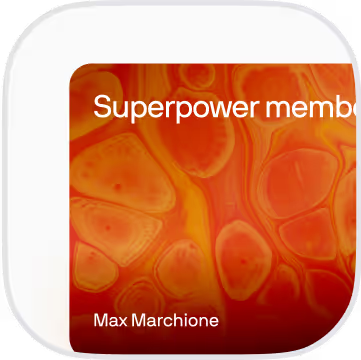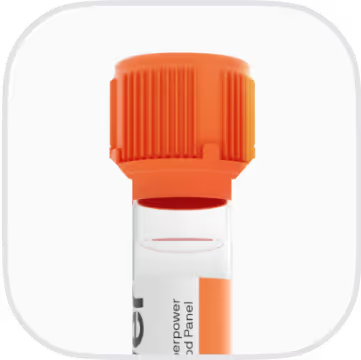What are Hashimoto’s biomarkers
Hashimoto’s biomarkers are blood signals that show whether the immune system is targeting the thyroid and how that immune activity is affecting hormone production. The core autoimmune markers are thyroid peroxidase antibodies (TPO antibodies; anti‑TPO) and thyroglobulin antibodies (Tg antibodies; anti‑Tg). These are immune proteins made by B cells that bind to key thyroid components—the hormone‑making enzyme on thyroid cells (thyroid peroxidase) and the hormone scaffold protein within the gland (thyroglobulin). Their presence indicates that self‑directed immunity is active against the thyroid. Alongside these, functional markers show the body’s response: thyroid‑stimulating hormone (TSH; thyrotropin) reflects the pituitary’s drive to stimulate the gland, while free thyroxine and triiodothyronine (free T4 and free T3) reflect the actual hormone supply to tissues. Together, antibody tests identify the autoimmune nature of the condition, and TSH with free hormones shows its physiological impact. This pairing enables early detection, clarifies where someone is on the spectrum from silent autoimmunity to reduced thyroid function, and guides the timing of monitoring and care.
Why is blood testing for Hashimoto’s important?
- Identify Hashimoto’s and thyroid function by combining antibodies with TSH and Free T4.
- Spot early thyroid slowdown when TSH rises despite normal Free T4.
- Flag autoimmune activity with TPO/Tg antibodies that predict hypothyroidism risk and progression.
- Clarify fatigue, weight gain, or cold intolerance by correlating symptoms with TSH/T4.
- Guide levothyroxine decisions using TSH targets, while Free T4 confirms overt hypothyroidism.
- Protect fertility and early pregnancy by keeping TSH optimal, especially if TPO-positive.
- Track trends over time; adjust dose from serial TSH changes, not antibody titers.
- Protect heart health by treating TSH elevation that raises LDL and cardiovascular risk.
What insights will I get?
Hashimoto’s blood testing provides a window into how your immune system interacts with your thyroid, a gland central to energy production, metabolism, cardiovascular function, brain health, reproductive balance, and immune regulation. At Superpower, we measure four key biomarkers: thyroid peroxidase antibodies (TPO Ab), thyroglobulin antibodies (Tg Ab), thyroid-stimulating hormone (TSH), and free thyroxine (Free T4). Together, these markers help us understand the underlying immune activity and thyroid hormone balance that shape your overall health.
TPO Ab and Tg Ab are antibodies produced by the immune system that mistakenly target thyroid proteins. Their presence signals an autoimmune response, which is the hallmark of Hashimoto’s thyroiditis. TSH is a hormone released by the pituitary gland to regulate thyroid activity, while Free T4 is the main hormone produced by the thyroid, circulating in its active form.
Elevated TPO Ab and Tg Ab indicate ongoing immune attack on the thyroid, which can gradually impair its function. TSH levels reflect how hard your body is working to stimulate the thyroid; high TSH often means the thyroid is underactive, while low TSH suggests overactivity or external hormone influence. Free T4 shows how much active thyroid hormone is available to your cells. Together, these results reveal whether your thyroid is stable, under stress, or struggling to maintain healthy hormone output.
Interpretation of these biomarkers can be influenced by factors such as pregnancy, age, acute illness, certain medications, and differences in laboratory methods. These variables are important to consider when assessing thyroid and immune system health.







.avif)



.svg)





.svg)


.svg)


.svg)

.avif)
.svg)










.avif)
.avif)
.avif)


.avif)
.avif)




.svg)




.avif)


